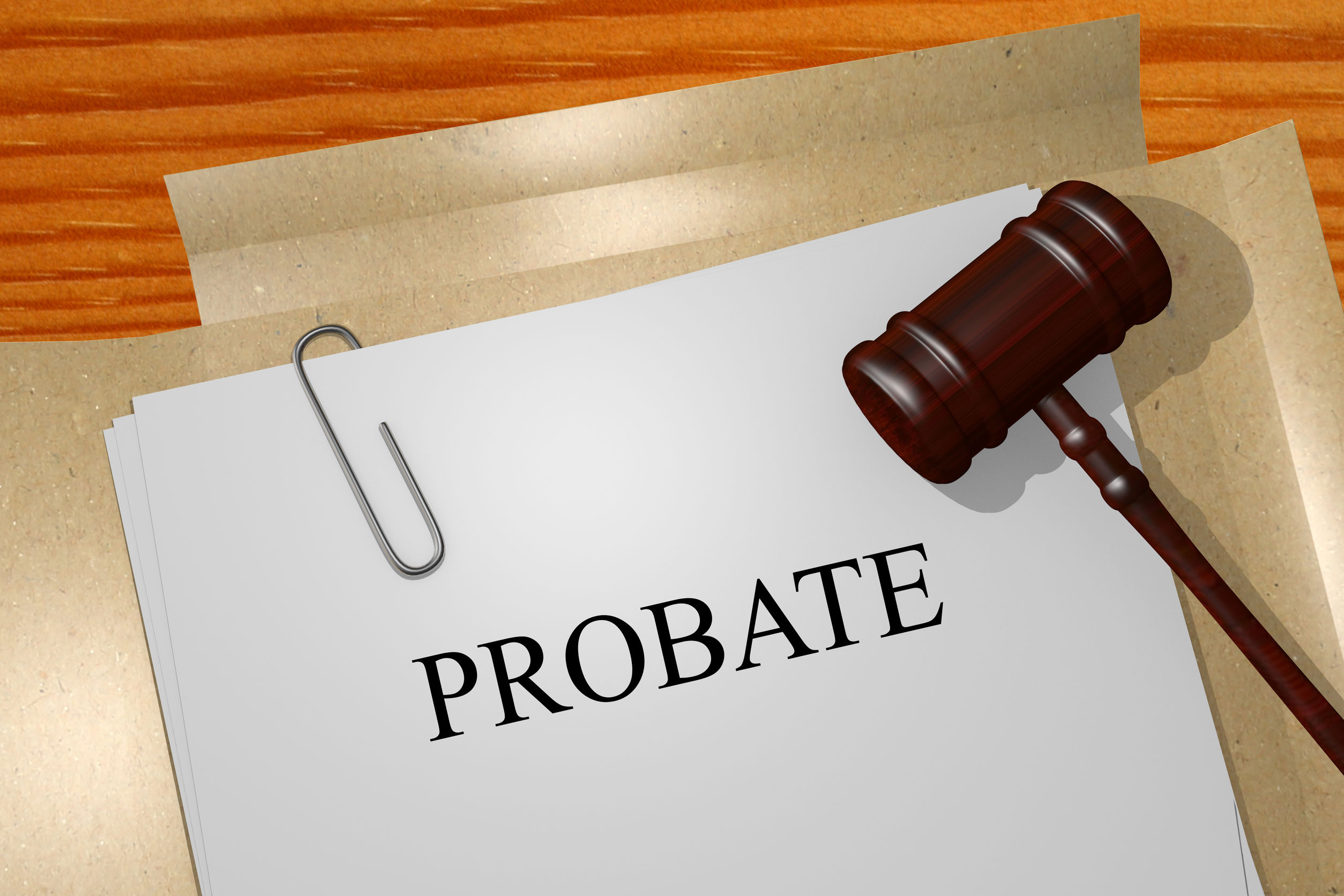Processing probate is not a pleasant thing, especially when you are grieving the loss of a loved one. However, legal and financial processes can be long and complicated. But understanding all the details in advance will ensure that there are no delays, confusion, or wastage of time on your account
What is Probate?
Probate is the court-supervised legal process of authenticating a last will if the deceased made one. The will specifies who inherits what and designates an executor. If there is no will, the probate court will rely on your state’s intestate laws to figure out how to distribute the assets.
Pre-Requisites on Probate:
- The duration of the process depends on the size and complexity of the estate, from few months to several years.
- The probate court acts in a supervisory role, ensuring that the deceased’s wishes and obligations are taken care of.
- If there’s a will, it goes through the authentication process.
- An executor or personal representative is responsible for carrying out the will’s instructions.
- Specific probate laws may depend on the state a deceased person lived in.
- Only the creditors are entitled to recover the debts of a deceased.
- You can contest a will by proving it was forged, executed improperly, or was completed by force.
Chronological Steps of the Probate Process:
- File Petition for Probate: Opening the probate includes a copy of the death certificate and the will. The court will review the petition, and if the will doesn’t name someone, the court determines the executor.
- Issue Bond: The executor gets a probate bond that protects them from any claims against them for fraudulent activity. It ensures they do work on behalf of the estate and don’t unduly benefit from the probate. The bond covers the costs in case the executor makes a mistake that costs the heirs. The court-approved executor receives documents called Letters of Administration or Letters Testamentary, which authorize the executor to act as an estate manager. This also entitles them to pay debts, sell assets, and carry other administrative tasks.
- Notice to Creditors: The first task of the appointed executor is to notify other creditors and involved parties. The executor publishes a notice of death in a local newspaper for the unknown creditors. The creditors have a specific timeframe to respond and submit claims against the estate.
- Taking Inventory: After notifying the creditors, the executor tracks down every asset of the deceased and gets proof of ownership. They also ensure nothing gets lost, sold, or stolen during the process.
- Financial Obligations: The executor uses estate funds to pay all the decedent’s debts and taxes, including final bills.
- Estate Distribution: The final responsibility of the executor to oversee estate distribution to the heirs. Depending on the type of asset, this part may take some time.
About MT Paralegal & Consulting for Wills & Estates
If you lack the knowledge and skills to contest claims or carry out the probate, we offer Wills and estate planning expertise. MT Paralegal & Consulting ensures that the probate process is transparent and cost-efficient. Reach out to us at 240-230-7925 or michelle@mtparalegal.com and let us simplify the probate process for you.



